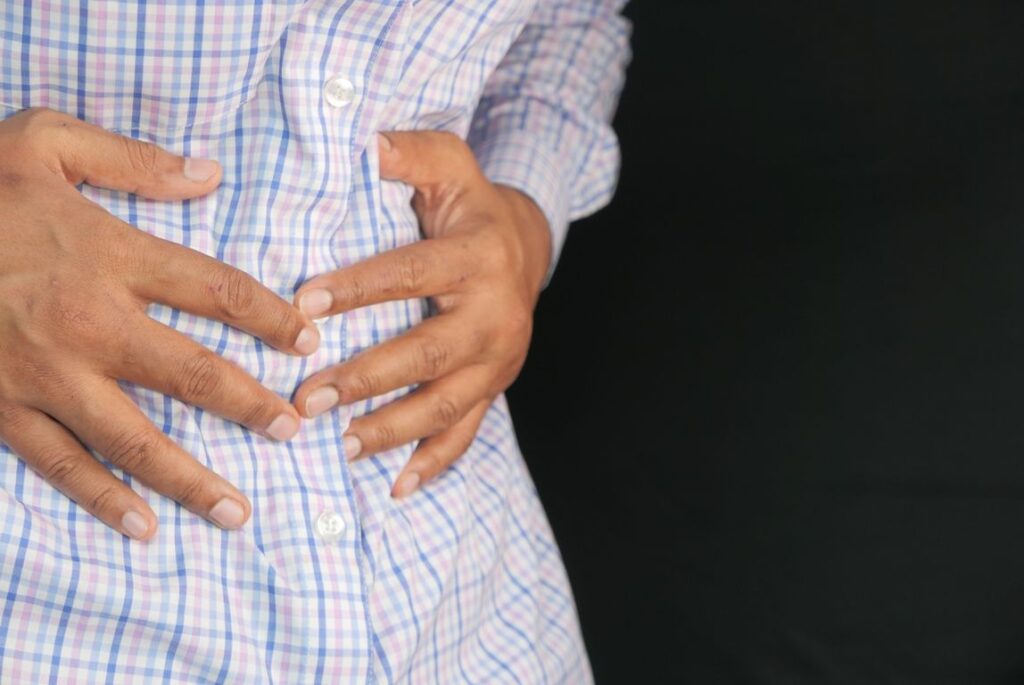Colon infections, commonly referred to as colitis, can lead to significant discomfort and potentially severe health complications if not addressed promptly. Understanding the various types of colon infections, such as bacterial, viral, and parasitic infections, is crucial for proper diagnosis and treatment. Symptoms often include diarrhea, abdominal pain, fever, and dehydration, which can escalate to more serious conditions like sepsis if untreated. Causes range from poor hygiene and contaminated food to underlying medical conditions. Effective prevention strategies include maintaining good hygiene, ensuring food safety, drinking clean water, and managing underlying health issues. This guide aims to provide comprehensive insights into the types, symptoms, causes, and prevention of colon infections to promote better colon health and overall well-being.
Understanding Colon Infections: Types, Symptoms, and Prevention
Types of Colon Infections
Infectious Colitis
- Bacterial Infections: Common bacteria like Clostridioides difficile (C. diff), Shigella, Campylobacter jejuni, and Yersinia enterocolitica can lead to severe infections. These infections typically result from contaminated food or water, direct contact with infected individuals, or antibiotic use.
- Viral Infections: Viruses such as norovirus, rotavirus, adenovirus, and cytomegalovirus can also cause colitis. These are often transmitted through contaminated food, water, or surfaces.
- Parasitic Infections: Parasites like Entamoeba histolytica can enter the colon through contaminated water or food, causing significant inflammation and discomfort.
Ischemic Colitis
- This occurs when blood flow to the colon is reduced, often due to narrowed arteries, blood clots, or certain medical conditions like congestive heart failure and diabetes. Symptoms include severe abdominal pain, diarrhea, and blood in the stool.
Microscopic Colitis
- This includes collagenous colitis and lymphocytic colitis, diagnosed through microscopic examination of the colon tissue. It’s often associated with chronic diarrhea and abdominal pain.
- Drug-Induced and Allergic Colitis
- Certain medications like NSAIDs or antibiotics, and allergic reactions, particularly in infants (e.g., allergic colitis due to milk protein), can lead to colitis.
Symptoms of Colon Infections

Symptoms can vary depending on the type and severity of the infection but generally include:
- Diarrhea (sometimes bloody or mucus-filled)
- Abdominal pain and cramping
- Fever
- Dehydration
- Nausea and vomiting
- Loss of appetite
- Fatigue and weakness
Severe cases may present symptoms such as sudden weight loss, dizziness, changes in urination, and difficulty breathing, indicating the need for immediate medical attention.
Causes and Risk Factors
Colon infections can result from several factors:
- Bacterial Contamination: Poor hygiene and improper food handling can lead to bacterial infections.
- Viral Spread: Viruses are often spread through contaminated surfaces and close contact with infected individuals.
- Parasitic Infestation: Contaminated water and food are common sources of parasitic infections.
- Blood Flow Issues: Conditions that reduce blood flow to the colon, like atherosclerosis or blood clots, can cause ischemic colitis.
- Medications and Allergies: Long-term use of certain medications and food allergies can trigger colitis.
Diagnosis
Diagnosing colitis involves:
- Medical History and Symptoms: Reviewing the patient’s symptoms, dietary habits, and medication use.
- Physical Examination: Checking for signs of dehydration and abdominal tenderness.
- Laboratory Tests: Blood tests, stool cultures, and imaging tests (CT scan, MRI).
- Endoscopic Procedures: Colonoscopy and flexible sigmoidoscopy to visualize the colon and take tissue samples for biopsy.
Treatment

Treatment varies based on the type and cause of the infection:
- Hydration and Electrolytes: Maintaining hydration is crucial, often requiring oral rehydration solutions or intravenous fluids.
- Medications: Antibiotics for bacterial infections, antiviral drugs for viral infections, and antiparasitic treatments for parasitic infections. Anti-inflammatory medications may be prescribed for chronic conditions like IBD.
- Dietary Changes: A low-fiber, easy-to-digest diet can help manage symptoms. Avoiding trigger foods and allergens is also important.
- Surgery: In severe cases, surgery may be required to remove damaged tissue or treat complications like bowel perforation.
Prevention
Preventing colon infections involves several key strategies:
- Hygiene:
- Regularly wash hands, particularly before eating or preparing food.
- Maintain cleanliness to prevent the spread of bacteria and viruses.
- Food Safety:
- Thoroughly wash fruits and vegetables before consumption or cooking.
- Cook meat to recommended safe temperatures to kill harmful pathogens.
- Avoid cross-contamination by keeping raw and cooked foods separate and using clean utensils.
- Clean Water:
- Drink clean, filtered water to avoid waterborne infections.
- Avoid consuming water from potentially contaminated sources.
- Healthy Lifestyle:
- Engage in regular physical exercise to boost overall health and immune function.
- Maintain a balanced diet rich in nutrients to support digestive health.
- Avoid smoking and limit alcohol consumption to reduce the risk of colon infections.
- Proper Medication Use:
- Use antibiotics strictly as prescribed by a healthcare provider to prevent antibiotic resistance.
- Avoid the overuse of NSAIDs to minimize the risk of drug-induced colitis.

Conclusion
Understanding and preventing colon infections is essential for maintaining overall health and well-being. By recognizing the various types of colon infections, such as bacterial, viral, parasitic, ischemic, and microscopic colitis, and their associated symptoms, individuals can seek timely medical attention and appropriate treatment. Key preventative measures, including proper hygiene, food safety, and a healthy lifestyle, can significantly reduce the risk of infection. Additionally, being aware of potential risk factors and causes allows for better management and prevention strategies. By following the guidelines outlined in this blog, you can promote better colon health, prevent serious complications, and enhance your overall quality of life.
Also read : The Role of Workouts in Managing Chronic Diseases
